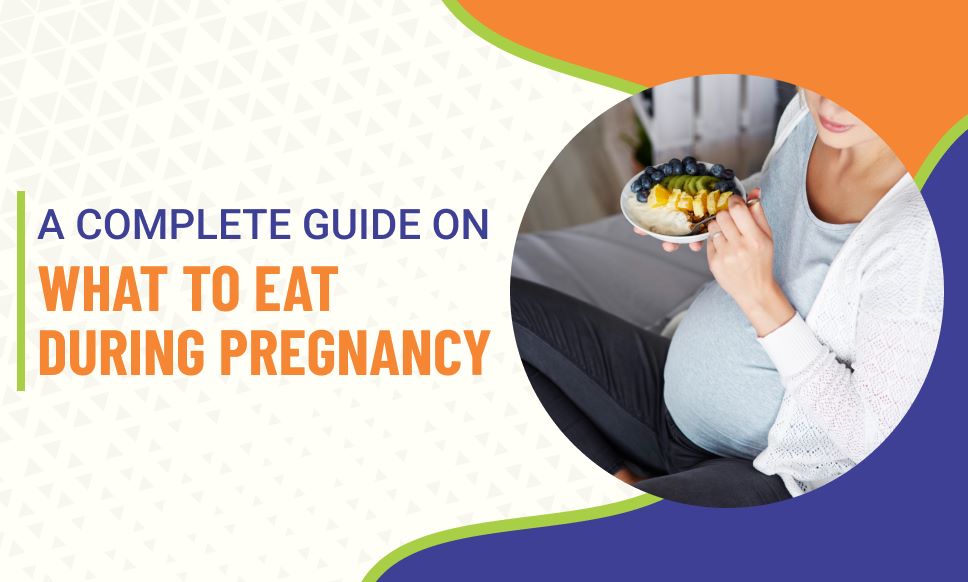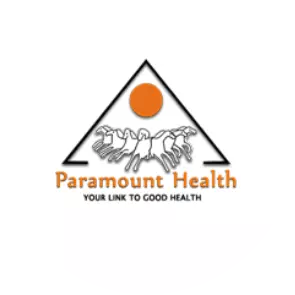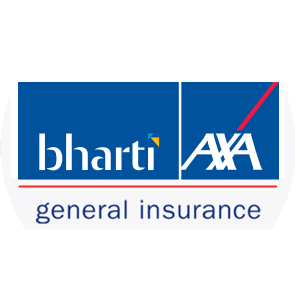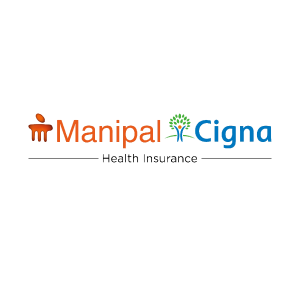Complete Pregnancy Diet Plan: Nutrients, Safe Choices & Balanced Meals

Everyone should follow a balanced diet, but it's more important to do so when pregnant as your food acts as the major source of nutrients for your baby. However, a lot of women don't get enough protein, calcium, iron, folate, or vitamin D during their pregnancy. Therefore, it's crucial that you eat more foods that have these nutrients when you're pregnant.
An excellent way to start is to understand the basics of a healthy diet. A nutrition-filled diet includes lots of fruits, vegetables, whole grains, and proteins. Also, all pregnant women should include a variety of vitamins and minerals in their daily diet, such as vitamins A, C, and E. During this period, calcium and folic acid are also important.
Most gynecologists suggest following a nutritious food regimen as soon as you find out you're pregnant. A nutritious diet is essential for keeping your baby healthy from the time of conception.
Further, in this blog, we will share the foods suggested by the prenatal nutritionists at Matoshree Hospital in Kamothe that you should include in your diet during pregnancy.
Key Nutrients You Need During Pregnancy
Let’s go through the important nutrients that you should include in your diet during pregnancy.
Go For Healthy Proteins!
Make space for good proteins on your plate. Protein-rich foods can efficiently promote your baby's growth while also giving the energy your body needs. Plus, it will support the growth and development of your baby's healthy heart and brain. The following foods rich in proteins can be included in your meal planning during pregnancy:
- Eggs
- Peanut butter
- Fish
- Chicken
- Nuts
- Lean meat
- Beans
Eat Green. Be Healthy!
It's crucial to increase your intake of vegetables during pregnancy since they are full of vitamins and fibre, which help prevent constipation. Also, vegetables have been associated with a lower risk of low birth weight.
Veggies are a treasure chest of goodness due to the following benefits!
They have low levels of cholesterol, calories, and fat.
They are effective fibre sources.
They have a lot of minerals and vitamins, such as folate.
You can include vegetables like:
- Cucumber
- Corn
- Broccoli
- Cauliflower
- Salad greens
- Sweet potatoes
Don’t Forget Healthy Dairy!
You need to eat more protein and calcium during pregnancy to fulfil the needs of your baby. Milk, cheese, and yogurt should be included in your diet. Meal planning during pregnancy should include dairy, the best source of calcium.
It also has significant levels of phosphorus, B vitamins, magnesium, and zinc. Greek yogurt in particular is good since it includes more calcium than the majority of other dairy products.
Include Grains As Well!
Whole grains, including brown rice, whole-wheat pasta, cereals, and oatmeal, must be a part of your prenatal diet. They are rich in folic acid, dietary fibre, iron, and B vitamins, all of which are good for your baby's physical growth.
Also, these will keep you from getting things like haemorrhoids and constipation, which are common problems during pregnancy.
Pack On Some Fruits!
Fruit is not just tasty; it may also help you to avoid sugar cravings and give you and your baby the nutrition you need. Fruits are a crucial part of your pregnancy diet, provided you don't consume them in juice form all the time. Washing your fruits properly is very important.
The bacteria that can make you or your baby sick can be found on the outer surface or peel of fruits. So, wash them thoroughly before eating. Also, it is important to remember that eating fruits requires care during pregnancy. Every time you consume some fruit, pay attention to how your body responds.
The following fruits can be consumed in moderation:
- Strawberries
- Apples
- Bananas
- Citrus fruits
- Mangoes
- Dried fruits
- Pomegranates
- Grapes
Drinking Healthy Water Is Important Too!
Water is a magical drink. Drink the required amount of water each day during pregnancy. Pregnancy symptoms like nausea and morning sickness could be reduced by drinking plenty of water. Dehydration can cause contractions and pre-term labor, particularly if it happens during your third trimester.
Never hydrate with energy drinks; always drink clean and fresh water. Cut back on your consumption of soda and caffeine. To avoid consuming too much sugar too rapidly, try to limit the number of fruit juices you consume. We must all keep ourselves hydrated, pregnant folks in particular!
Conclusion
Regardless of whether this is your first pregnancy or not, you should always check your nutrition intake when pregnant. When you get pregnant, everything changes, and each pregnancy might be unique from the one before it.
You might need to refresh your knowledge of the foods that are healthy to consume or to stay away from while pregnant. We hope this blog will serve as a good foundation for a nutritious, healthy pregnancy. And you get to learn about the importance of nutrition during pregnancy. There are several tasty and healthy food choices that provide you and your baby with everything you need! Eat healthy, stay healthy!





















 (1).png)